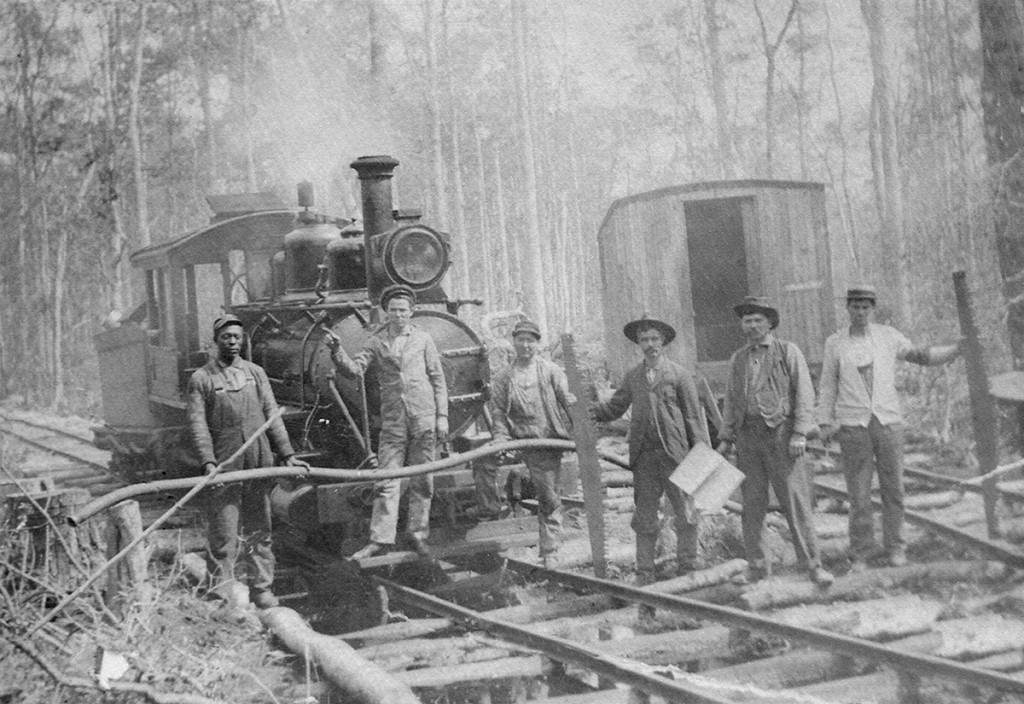
On the mainland of Dare County, tucked away in Alligator River National Wildlife Refuge, is the abandoned Buffalo City.
Now considered a ghost town, the once bustling logging and moonshine community will be the topic of the next History for Lunch at Elizabeth City’s Museum of the Albemarle.
Supporter Spotlight
Set for noon Wednesday, Nov. 17, the “Buffalo City & the Blount Patent: A History of Logging the Dare Mainland” program will be offered in the museum and via Zoom. Register in advance through the museum’s Facebook page or website to receive link to attend lecture virtually.
Bill Barber, who retired after a 40-year career working as a forester in eastern North Carolina, will discuss the history of land used by entrepreneurs and speculators on the mainland portion of Dare County.
The story begins in the Colonial period and examines the many schemes employed for almost 189 years to log and develop the swampy wilderness. Barber will also discuss the natural development of logging practices, trade, and transportation within the Albemarle Region.
Barber is familiar with the thousands of acres of timberland in the area and became interested in the history and the lore of the forest products industry.
According to “Images of America – Lost Buffalo City” by R. Wayne Gray and Nancy Beach Gray, Buffalo City got its name when a company from Buffalo, New York, in 1888 put in motion plans for 168,000-acre logging operation of ancient cypress and juniper trees in a swampy area of the Dare County mainland.
Supporter Spotlight
The book states that it was an exciting time as 300 Russians, as well as local Black and white men, began to cut timber and lay 100 miles of train tracks for locomotives to transport the logs out of the forest. A town was soon built with around 50 houses, a hotel, post office, school, general store and church.
“While it is not considered a ‘city,’ it was the largest town in Dare County at the time. When the timber boom was over 20 years later and jobs were scarce, the place was the ideal location for making illegal whiskey, and it soon became known as the moonshine capital of the world. Today, nothing remains of the boomtown. The forest has reclaimed the land.”
The virtual program is supported by Southern Bank and Biggs Cadillac Buick GMC of Elizabeth City.







